Eyebrows have raised as the CS:GO community once more reflects upon the early days of skin gambling, with several members of the player base claiming the issue is “becoming too big again.”
Gamers complained about affiliate codes linking to gambling websites from countless streamers on Twitch, pointing to a lack of background date-of-birth checks as one of the key issues behind the websites.
Players flocked to a May 7 Reddit post to discuss whether the community had begun treading the same precarious line as it was in the mid-2010s, and it seems that the consensus agrees on one thing: something has to change.
Groups of CS:GO gamers rallied behind the anti-gambling call, with some blaming the recent case unboxing surge on the increased amount of pro-betting and gambling streams and videos Counter-Strike viewers have consumed in the past months.
Following CS2’s reveal, and confirmation from Valve that older CS:GO skins would be useable in the new game, market prices have skyrocketed. Case prices in particular are through the roof as supply is drained.
In saying that, there’s always a chance cases are but a first taste for players new to Counter-Strike’s market ecosystem, with those invested naturally progressing onto gambling websites—most of which are unregulated.
The community’s main gripes came from how easy it is for kids, in particular, to be exposed to various forms of gambling associated with CS:GO—whether it be via in-game cases or affiliate links paired with their favorite streamer.
Players believe that these gambling companies “don’t follow any regulations” as they’re based in a country outside of any other region’s jurisdiction, apart from their own.
Twitch streamers themselves weren’t far from the flames. The community criticized content creators who spend a large portion of their shows opening cases, claiming that they’re becoming a part of the problem.
Valve’s course of action in 2015 and 2016 was to make a dent in the gambling market that had almost eclipsed CS:GO’s status as a game first. At the time, players could bet with skins on websites like CSGOLounge and CSGOFast.
Valve ultimately ruled on July 14, 2016, that these sites had violated their user agreement, and issued cease and desist letters to several websites found in breach. The websites also provided a landscape for underaged players to gamble with their skins easily, without much oversight. Valve has since gone silent on the issue, which has now returned to the community spotlight.
It is perhaps time for Valve to take another look at the gambling scene, for old-time’s sake. We might see cataclysmic gambling reform, similar to the mid-2010s CS:GO gambling crisis.


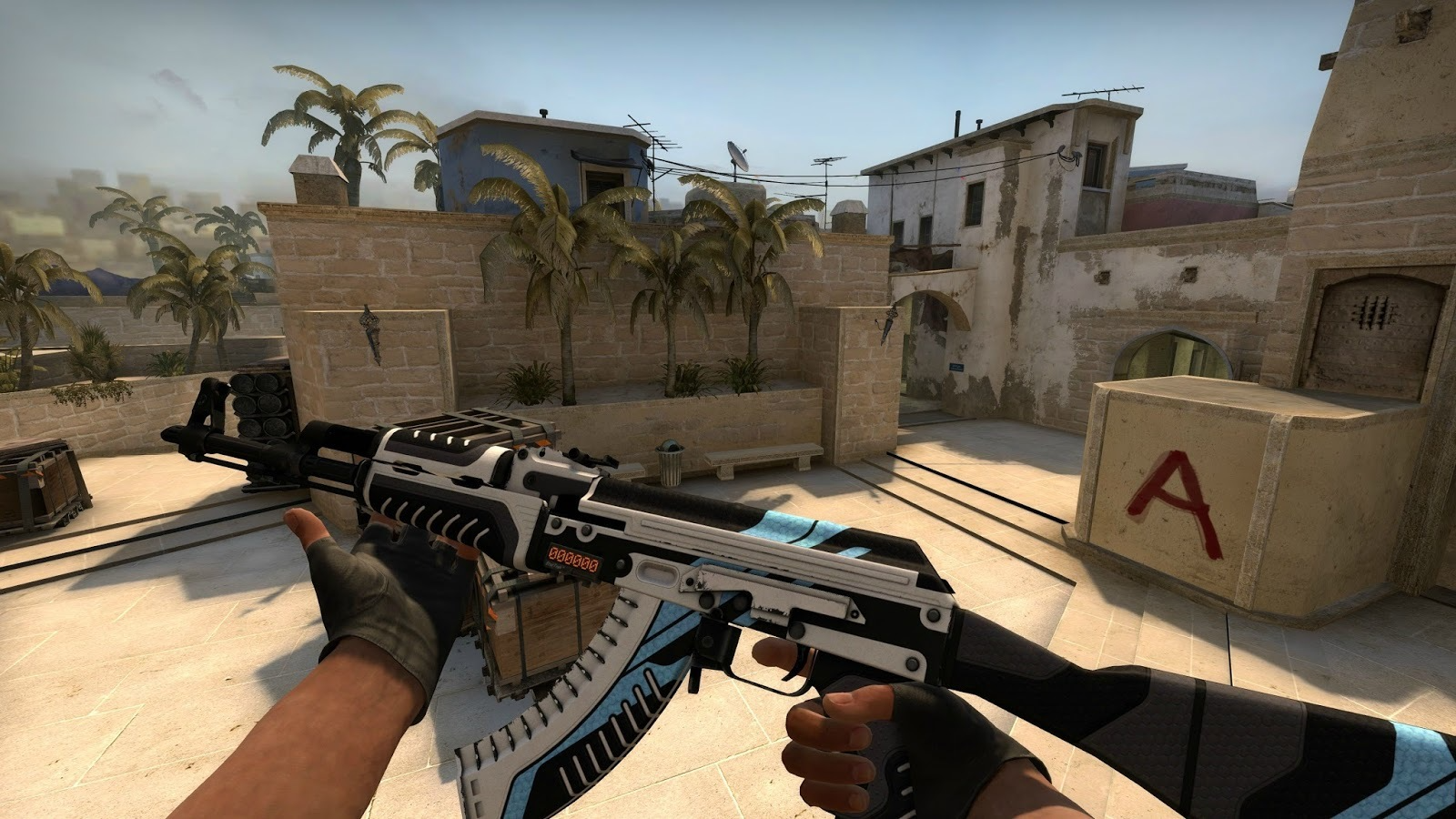
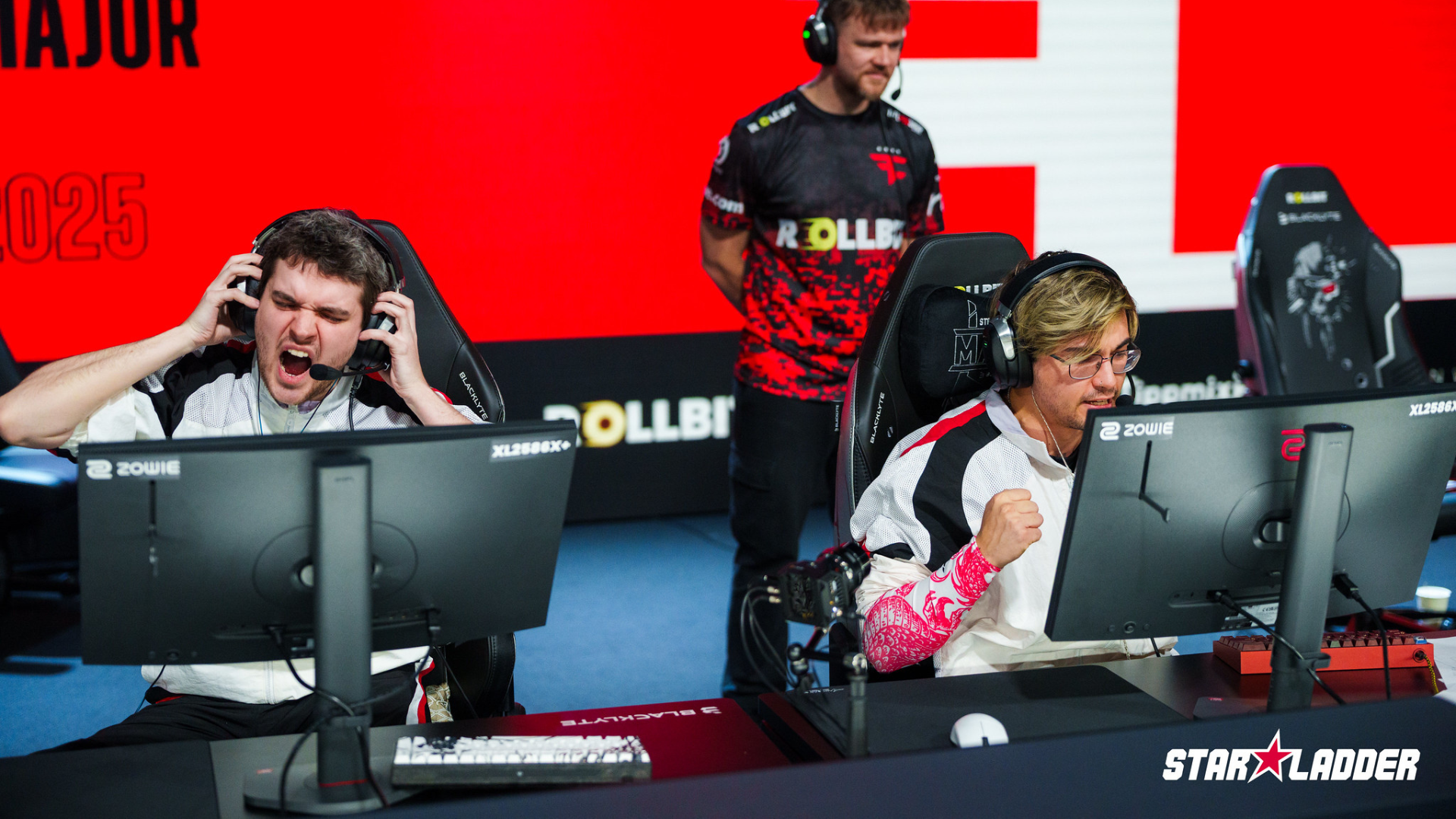

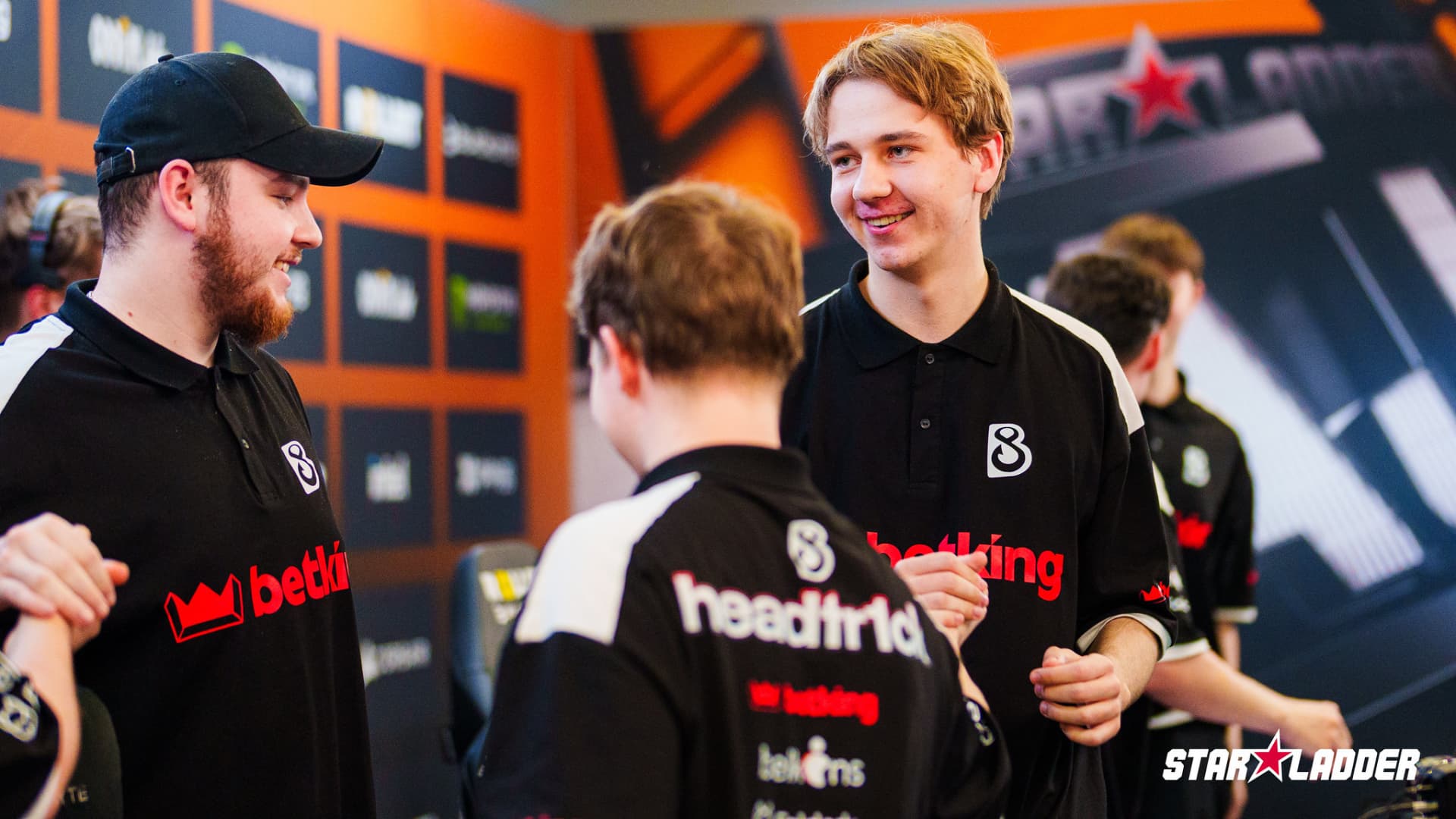




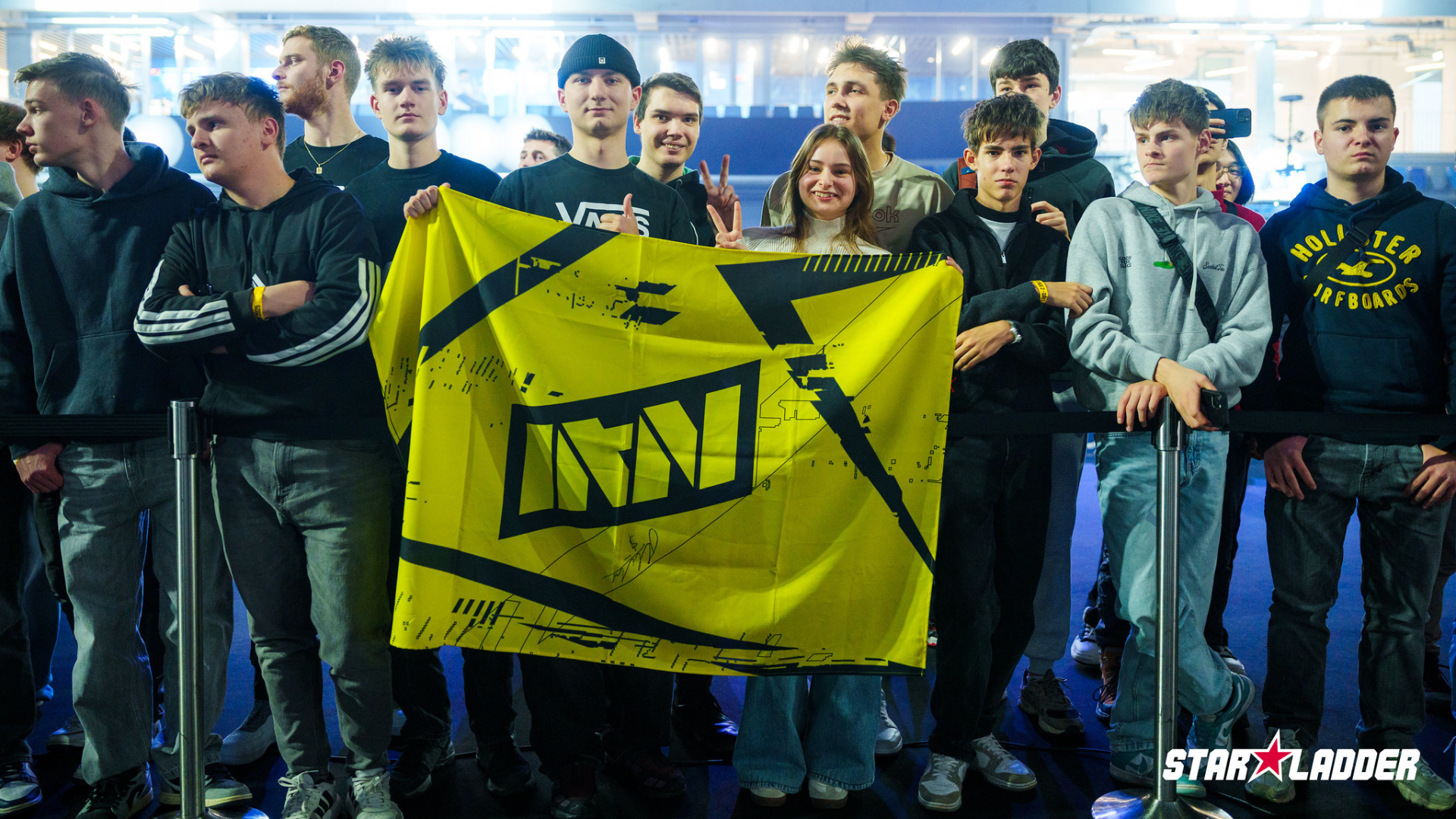
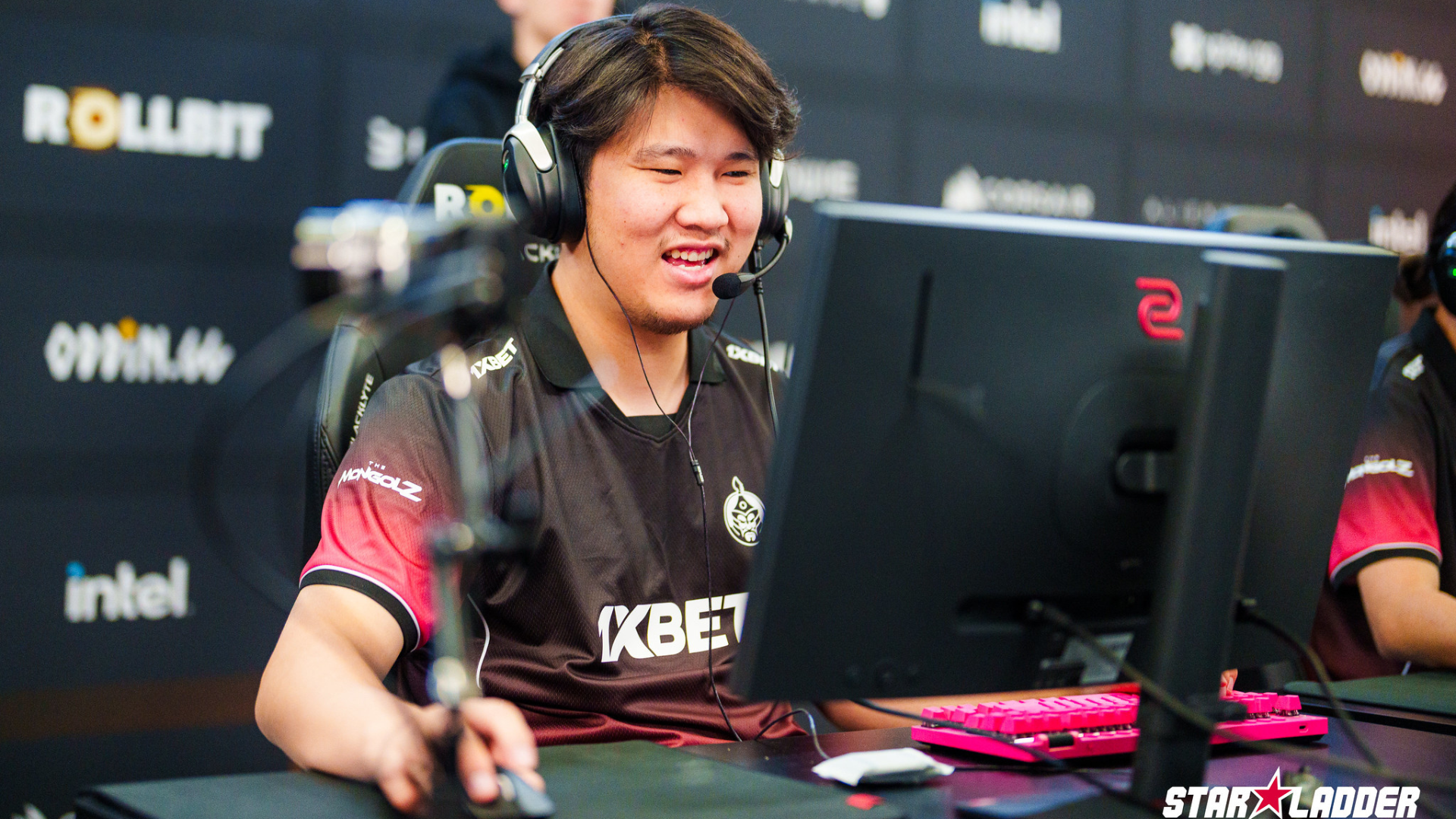

Published: May 8, 2023 01:27 am